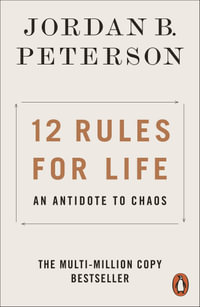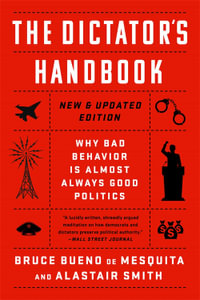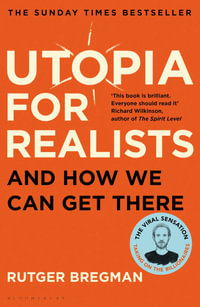In post-Holocaust philosophy, anti-Semitism has come to be seen as a paradigmatic political and ideological evil. Jews Out of the Question examines the role that opposition to anti-Semitism has played in shaping contemporary political philosophy. Elad Lapidot argues that post-Holocaust philosophy identifies the fundamental, epistemological evil of anti-Semitic thought not in thinking against Jews, but in thinking of Jews. In other words, what philosophy denounces as anti-Semitic is the figure of "the Jew" in thought. Lapidot reveals how, paradoxically, opposition to anti-Semitism has generated a rejection of Jewish thought in post-Holocaust philosophy. Through critical readings of political philosophers such as Adorno, Horkheimer, Sartre, Arendt, Badiou, and Nancy, the book contends that by rejecting Jewish thought, the opposition to anti-Semitism comes dangerously close to anti-Semitism itself, and at work in this rejection, is a problematic understanding of the relations between politics and thought--a troubling political epistemology. Lapidot's critique of this political epistemology is the book's ultimate aim.
Industry Reviews
"...[a] thought-provoking new book." - Monatshefte
"Lapidot's book joins a growing scholarly body of critical explorations into the conceptual operation and inner workings of the notion of antisemitism. Few, however, approach the matter with the analytical capability and conceptual sophistication of Lapidot. The original and at times dazzling analyses of an impressive line of thinkers is a remarkable feat in its own right, but the accomplishment is underlined by their organization to formulate a penetrating and thought-provoking critique of the contemporary discourse of anti-anti-Semitism." - AJS Review
"Lapidot demonstrates the profound entanglement linking science and politics in anti-Semitic texts. Insisting that this science is at once a political science and a political program that defines modernity, Lapidot challenges the reader to rethink the knowledge-and the politics-we have inherited from it: from race and religion to construction and critique. The book is not only an urgent call to critically engage with one of the most established sites of consensus of our time but also reveals the enormous shortcomings of that consensus, even among its most stellar and respected representatives." - Gil Anidjar, author of Semites: Race, Religion, Literature
























